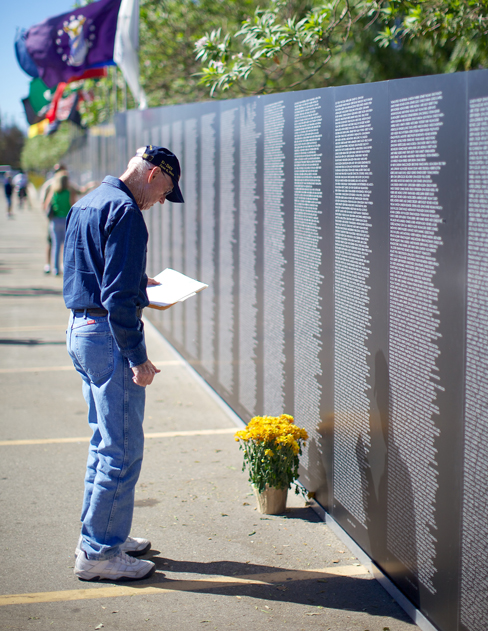| << Chapter < Page | Chapter >> Page > |
Research has shown that social support following a traumatic event can reduce the likelihood of PTSD (Ozer, Best, Lipsey,&Weiss, 2003). Social support is often defined as the comfort, advice, and assistance received from relatives, friends, and neighbors. Social support can help individuals cope during difficult times by allowing them to discuss feelings and experiences and providing a sense of being loved and appreciated. A 14-year study of 1,377 American Legionnaires who had served in the Vietnam War found that those who perceived less social support when they came home were more likely to develop PTSD than were those who perceived greater support ( [link] ). In addition, those who became involved in the community were less likely to develop PTSD, and they were more likely to experience a remission of PTSD than were those who were less involved (Koenen, Stellman, Stellman,&Sommer, 2003).

PTSD learning models suggest that some symptoms are developed and maintained through classical conditioning. The traumatic event may act as an unconditioned stimulus that elicits an unconditioned response characterized by extreme fear and anxiety. Cognitive, emotional, physiological, and environmental cues accompanying or related to the event are conditioned stimuli. These traumatic reminders evoke conditioned responses (extreme fear and anxiety) similar to those caused by the event itself (Nader, 2001). A person who was in the vicinity of the Twin Towers during the 9/11 terrorist attacks and who developed PTSD may display excessive hypervigilance and distress when planes fly overhead; this behavior constitutes a conditioned response to the traumatic reminder (conditioned stimulus of the sight and sound of an airplane). Differences in how conditionable individuals are help to explain differences in the development and maintenance of PTSD symptoms (Pittman, 1988). Conditioning studies demonstrate facilitated acquisition of conditioned responses and delayed extinction of conditioned responses in people with PTSD (Orr et al., 2000).
Cognitive factors are important in the development and maintenance of PTSD. One model suggests that two key processes are crucial: disturbances in memory for the event, and negative appraisals of the trauma and its aftermath (Ehlers&Clark, 2000). According to this theory, some people who experience traumas do not form coherent memories of the trauma; memories of the traumatic event are poorly encoded and, thus, are fragmented, disorganized, and lacking in detail. Therefore, these individuals are unable remember the event in a way that gives it meaning and context. A rape victim who cannot coherently remember the event may remember only bits and pieces (e.g., the attacker repeatedly telling her she is stupid); because she was unable to develop a fully integrated memory, the fragmentary memory tends to stand out. Although unable to retrieve a complete memory of the event, she may be haunted by intrusive fragments involuntarily triggered by stimuli associated with the event (e.g., memories of the attacker’s comments when encountering a person who resembles the attacker). This interpretation fits previously discussed material concerning PTSD and conditioning. The model also proposes that negative appraisals of the event (“I deserved to be raped because I’m stupid”) may lead to dysfunctional behavioral strategies (e.g., avoiding social activities where men are likely to be present) that maintain PTSD symptoms by preventing both a change in the nature of the memory and a change in the problematic appraisals.
Posttraumatic stress disorder (PTSD) was described through much of the 20th century and was referred to as shell shock and combat neurosis in the belief that its symptoms were thought to emerge from the stress of active combat. Today, PTSD is defined as a disorder in which the experience of a traumatic or profoundly stressful event, such as combat, sexual assault, or natural disaster, produces a constellation of symptoms that must last for one month or more. These symptoms include intrusive and distressing memories of the event, flashbacks, avoidance of stimuli or situations that are connected to the event, persistently negative emotional states, feeling detached from others, irritability, proneness toward outbursts, and a tendency to be easily startled. Not everyone who experiences a traumatic event will develop PTSD; a variety of risk factors associated with its development have been identified.

Notification Switch
Would you like to follow the 'Psychology' conversation and receive update notifications?